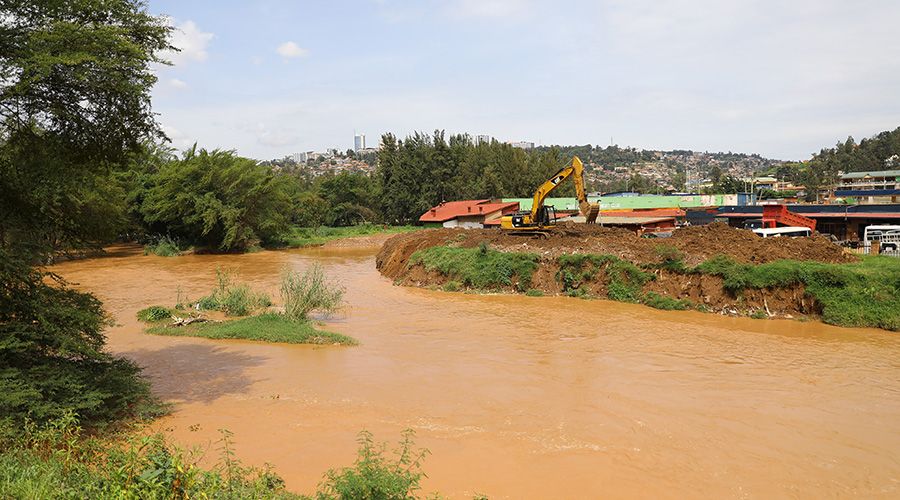Kigali Addresses Urgent Drainage Needs to Combat Flooding and Erosion
In response to growing concerns over flooding and erosion, Kigali city authorities have identified at least 112 kilometers of drainage infrastructure as urgent priorities. This initiative comes as the city seeks to address long-standing issues related to poor water management, which have led to significant damage to roads, homes, and other critical infrastructure.
The mayor of the City of Kigali, Samuel Dusengiyumva, disclosed this information during a public appearance before the Public Accounts Committee (PAC) on July 8. The discussion was in response to findings from the Auditor General’s latest report for the fiscal year ending June 30, 2024. The report highlighted several areas where improvements were needed, particularly in the city’s drainage systems.
Community-Funded Roads Without Proper Drainage
The issue was initially brought to attention by MP Marie Claire Uwumuremyi, who pointed out that many community-funded roads in Kigali have been constructed without adequate drainage systems. “We may build some roads, only to see others destroyed by poor water management,” she warned. This statement underscored the need for immediate action to prevent further damage to infrastructure and ensure the safety of residents.
Dusengiyumva acknowledged the challenge, emphasizing that 112 kilometers of drainage channels require urgent attention. He noted that the city is working closely with the Ministry of Infrastructure and the Ministry of Finance and Economic Planning to secure the necessary funding. Additionally, discussions have been held with the World Bank as part of an ongoing project focused on improving Kigali’s drainage systems.
Prioritizing Water Flow into Rehabilitated Wetlands
The mayor explained that the planned drainage works are designed to mitigate flooding and soil erosion while protecting infrastructure that is often damaged by uncontrolled surface runoff. A key focus of the project is to ensure proper water flow into wetlands that have been rehabilitated. This approach not only helps manage water levels but also supports the ecological balance of the region.
The most vulnerable areas in Kigali, where flooding is a recurring problem, include Rugunga, Gisozi-Umukindo, Rwandex, Kinyinya, and Nyabisindu. These locations have experienced significant damage due to inadequate drainage systems, prompting the city to take decisive action.
Steps Being Taken to Address the Issue
To tackle these challenges, the city is implementing a multi-pronged strategy that includes:
- Infrastructure Upgrades: Investing in the construction and rehabilitation of drainage systems to improve water management.
- Collaboration with Key Stakeholders: Working with government ministries and international organizations like the World Bank to secure funding and technical support.
- Community Engagement: Involving local communities in the planning and implementation process to ensure that their needs are addressed.
- Long-Term Planning: Developing a comprehensive plan to reduce the impact of flooding and erosion across the city.
These efforts reflect a commitment to creating a more resilient urban environment in Kigali. By addressing the root causes of flooding and erosion, the city aims to protect its residents, infrastructure, and natural resources for future generations.







